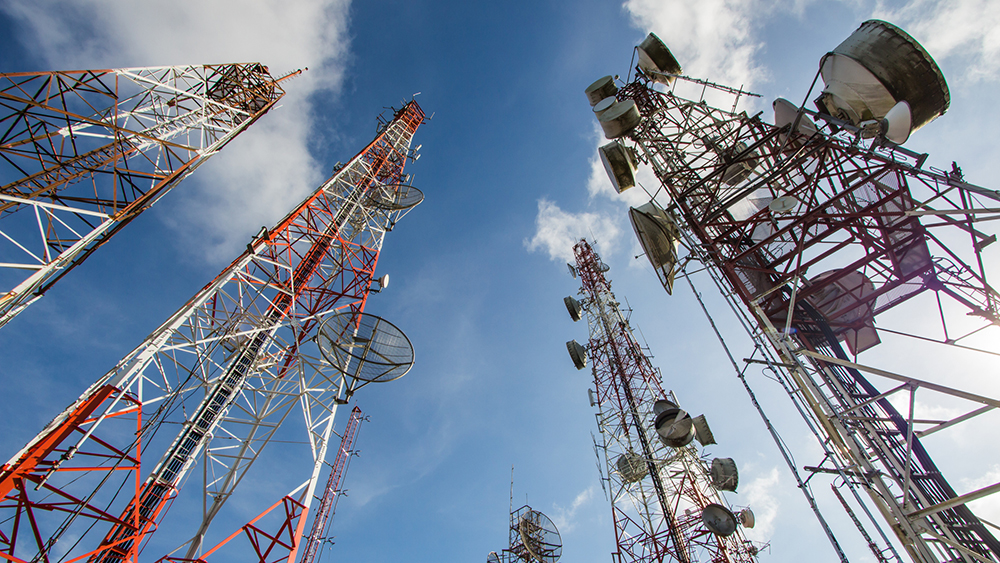How can GEVI turbines reduce the economic and environmental costs of on-site telecom tower power systems?
Find out with us!
vol. 5
04 November 2022
TELECOM TOWER MARKET OPPORTUNITIES
By Edoardo Simonelli, Eleonora Cacchio
Remote and off-grid telecommunication towers are energy intensive infrastructures that require an on-site energy production and storage system to cope with power outages or provide service in areas where the power grid is not present.
The standard approach of coupling diesel generators with lead-acid uninterruptible power supply (UPS) systems costs about 10.000 euros per year and emits 50 tons of CO2e per year, so it is neither economically nor environmentally sustainable.
At the same time, it is hard to install photovoltaic arrays or traditional horizontal axis wind turbines (HAWT) on telecom towers because the former require too much area to produce the energy needed to power the towers, and the latter are only able to take advantage of regular wind coming from a specific direction to work at nominal power for a profitable period in a year.
The compact and scalable GEVI turbines are the optimal choice to reduce the unbearable costs of on-site telecom tower power systems, both economically and environmentally.
Their compact form factor and high energy density allow GEVI’s turbines to be installed on the summit of towers making use of strong winds from all directions, with negligible interference with the tower.
Although turbine placement on the summit of tower is optimal to maximize productivity and minimize interference, cantilever placement on the tower body is also feasible, provided sufficient distance from the upward and downward antenna.
In any case, there is neither electromagnetic interference nor excessive additional wind loads on the tower.
In addition, GEVI’s turbines can be easily integrated in the tower power infrastructure because power conversion systems are not required, and the already present batteries can be downsized.
Finally, GEVI’s turbine can reduce or even zero fuel consumption of telecom towers, thus solving the problem of refueling services.



